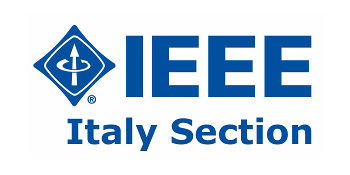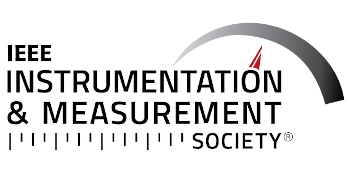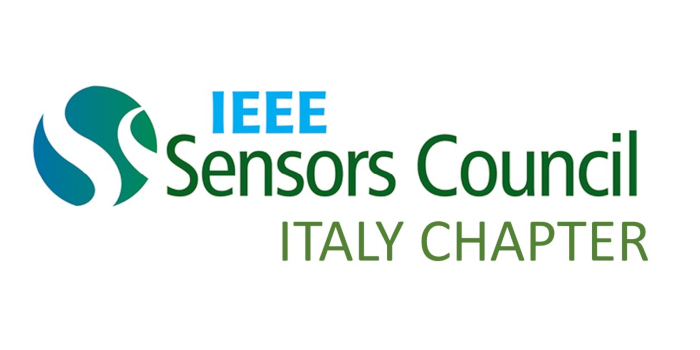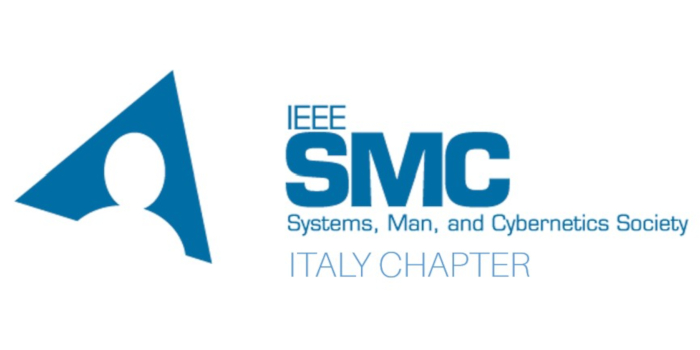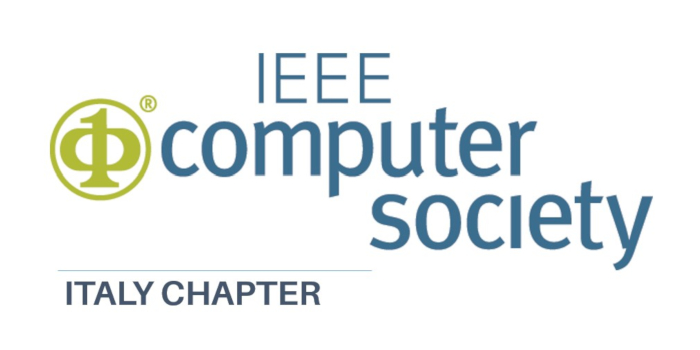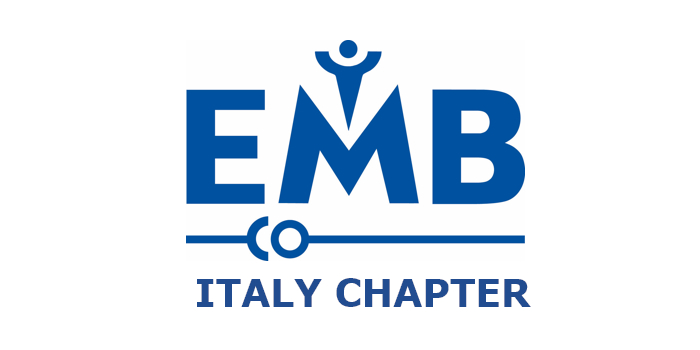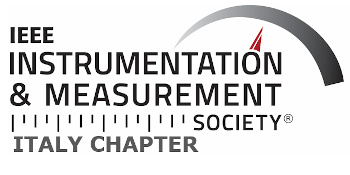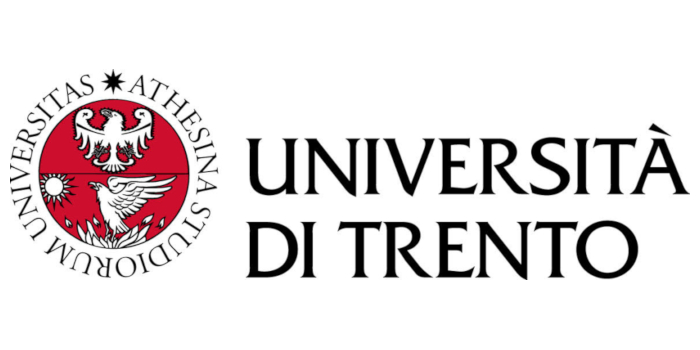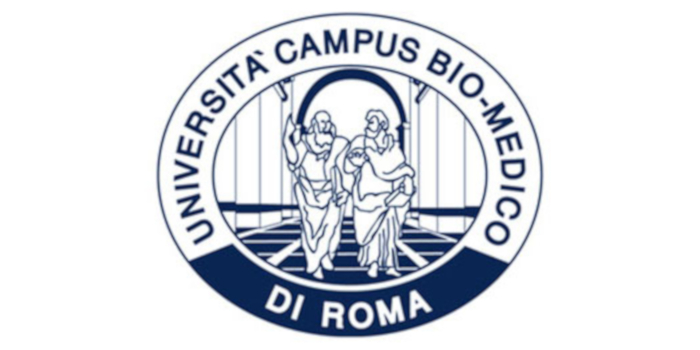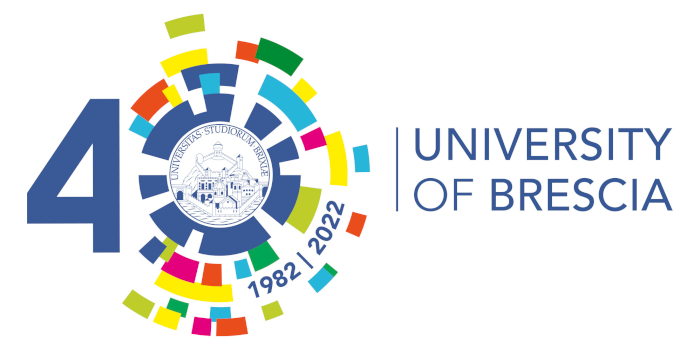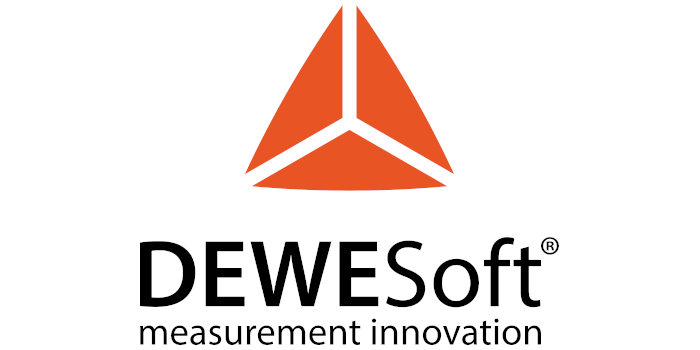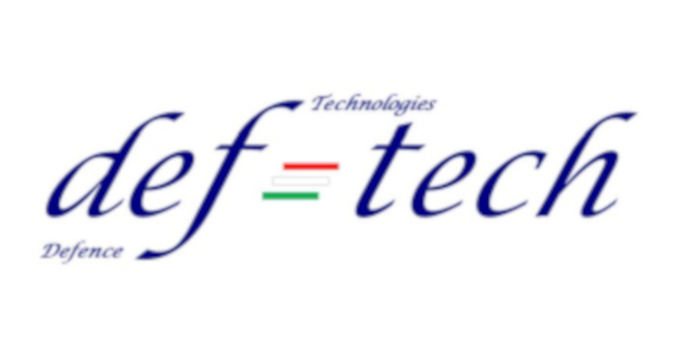Application of PPG-based wearable devices in Industry 4.0: what can we state about their measurement reliability?
ORGANIZED BY
.jpg)
Gloria Cosoli
Università Politecnica delle Marche, Italy

Lorenzo Scalise
Università Politecnica delle Marche, Italy

Francesco Scardulla
Università degli Studi di Palermo, Italy

Leonardo D'Acquisto
Università degli Studi di Palermo, Italy
ABSTRACT
The use of wearable devices is rapidly increasing in manifold application fields, also in the Industry 4.0 context. A major part of wrist-worn devices is based on a photoplethysmographic (PPG) sensor, able to capture the changes in the blood volume pulse determined by the rhythmic activity of the heart. Hence, a signal periodic with the heartbeat can be obtained, i.e. the so-called blood volume pulse signal (BVP). This can be exploited to derive many significant features, such as heart rate (HR) and related variability (HRV), but also indirectly estimated quantities, e.g. respiratory rate and blood pressure. These vital signs allow to monitor the user’s physiological state in a relatively simple way, also in the workplace. However, it is fundamental to consider all the interfering factors impacting on the measurement results, such as environmental and wearing conditions. In the Industry 4.0 background, this translates into the necessity of properly considering the workplace background and the worker’s activity, both potentially influencing the measurement.
This Special Session aims to promote the latest research contributions in this research field. Original papers are invited to be submitted pointing out the use of PPG-based wearable devices in Industry 4.0 background, with a particular focus on the metrological aspects of the employed sensors and the related measurement accuracy.
TOPICS
Topics of interest include but are not restricted to:
- Vital signs monitoring in the workplace;
- Interfering factors in photoplethysmography;
- PPG-based wearable devices;
- Stress evaluation in workers;
- Wearable devices and Artificial Intelligence (AI);
- Signal processing techniques;
- Accuracy and reliability of wearable-based monitoring systems;
- Analysis of the wearables measurement uncertainty.
ABOUT THE ORGANIZERS
Gloria Cosoli received the B.S. degree in Biomedical Engineering (with honors) and the M.S. degree in Electronic Engineering (with honors) from Università Politecnica delle Marche (UNIVPM), Ancona, Italy, in 2011 and 2013, respectively. She received the Ph. D. degree in Mechanical Engineering from the same university in 2017 with a thesis titled “Study and Development of a Novel Radio Frequency Electromedical Device for the Treatment of Peri-Implantitis: Experimental Performance Analysis, Modelling of the Electromagnetic Interaction with Tissues and In Vitro and In Vivo Evaluation”. Since November 2016 to date, she has been a Postdoctoral Research Fellow with the Department of Industrial Engineering and Mathematical Sciences (DIISM) of UNIVPM. Her research interests focus on non-invasive physiological measurements and monitoring techniques, thermal and mechanical measurements, non-destructive monitoring techniques, numerical modelling, and signal processing.
Lorenzo Scalise, is Associate Professor in Mechanical Measurements and Biomedical Instrumentation, Applied Measurement Techniques, Electronic Systems in Radiology at UNIVPM. He received the Ph.D. degree in mechanical measurements from Università degli Studi di Padova in 1999. His research focuses on measurement techniques, with special focus on sensing systems, biomedical instrumentation, assistive technologies, e-health, and characterization of systems and materials.
Francesco Scardulla, achieved his Ph.D. from the University of Palermo in technological innovation engineering in 2018, defending the thesis titled: “Development of wearable sensors to monitor different physiological parameters in order to prevent the worsening of health conditions”. From 2014 his research activity focused on mechanical and thermal measurement, including non-invasive physiological measurements and signal processing. Part of his research activity is focused on the development of new PPG-based technologies.
From 2020 is co-founder of Tripie, a startup aimed in developing new PPG-based wearable technologies in the biomedical field.
Leonardo D’Acquisto, received his M.S. degree in Mechanical Engineering from the University of Palermo, Italy. Visiting fellow at the National Research Laboratory of Metrology, Tsukuba (Japan) during 1996 with a "Science and Technology Agency (STA) Fellowship" scholarship granted by the japanese "Ministry of International Trade and Industry". He is currently Professor of Mechanical and Thermal Measurements and Head of the Course of Studies in Mechanical Engineering with the Department of Engineering.
His current research interests include the development and the metrological characterization of sensors and system for mechanical and thermal measurements for industrial and biomedical applications. Together with Dr. F. Scardulla, as a member of the startp Tripie, he has participated to Italian Innovation Prize (PNI2019) in the Healtcare section, obtaining the special award from the Italian Association of Clinical Engineers for the technical proposal of an innovative device for a wrist-wearable device for arterial pressure measurement.


